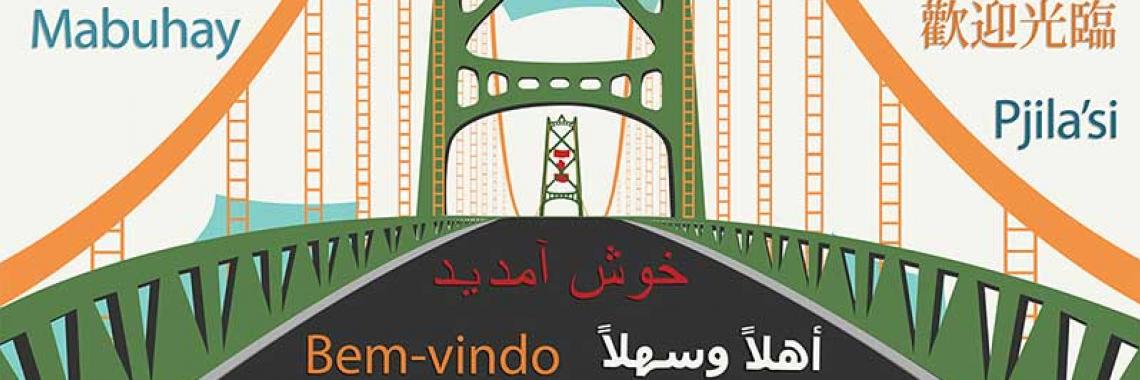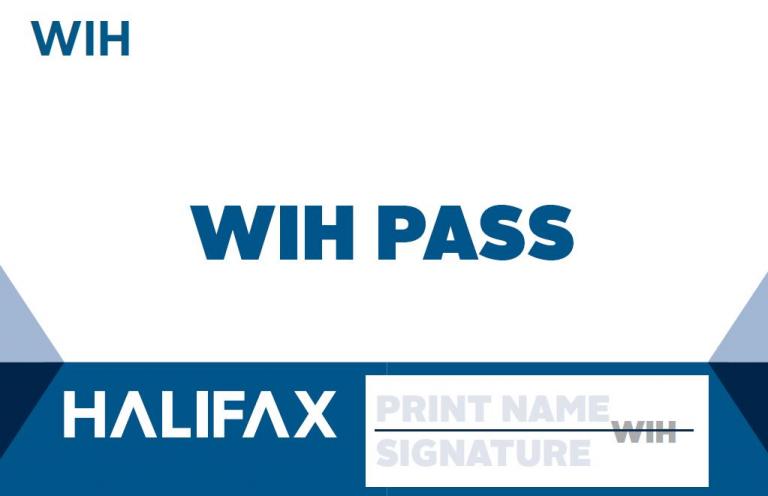
Welcomed In Halifax
Background
In response to the on-going Syrian refugee crisis, the Government of Canada committed in the Fall of 2015 to expand its intake of refugees from Syria by 25,000 through government and private sponsorships. For its part, Halifax Regional Council requested a staff REPORT “outlining what additional measures the municipality may take, within the municipal mandate, which would further assist in the resettlement process.”
Two measures proposed in this staff report, and subsequently adopted by Regional Council, include free transit passes, and free access to recreation programming at municipally owned and operated facilities, for all refugees during their first year of settlement.
Objectives
Public transit affects where newcomers can live and work and enables them to connect to the community. For refugees, having fled persecution and often suffering unknown physical and psychological trauma, this connection to community, including health care, social services, and other support networks, is particularly important.
New immigrants are twice as likely to commute by public transit as Canadian born workers. Immigration is also central to Halifax’s economic development strategy. Therefore, another objective of this initiative is to help facilitate refugees’ economic integration. While public transit is recognized as a greater immediate need for refugees, providing free access to recreation services is to facilitate social integration once immediate settlement needs are met.
Implementation
Following the approval of this measure, Halifax, with a total population of 416,000, expected to receive between 500 and 1200 refugees over a three-month period. By comparison, Halifax has only received between 123 and 252 refugees per year since 2004.
An informal working group was created, consisting of membership from the municipality’s Parks & Recreation and Government Relations and External Affairs departments (including Halifax’s Local Immigration Partnership Coordinator), Nova Scotia’s Office of Immigration, and the Immigration Services Association of Nova Scotia (ISANS; Nova Scotia’s main settlement services organization). The cards themselves are distributed by ISANS, which acts as the liaison between the municipality and both Government Assisted Refugees and Privately Sponsored Refugees.
Two main challenges arose during the implementation of this initiative. The first challenge was the production of an ID card that meets the needs of Halifax Transit. The initial proposal was to use an official Nova Scotia ID card, with a sticker attached. However, at $20 a card, this proposal was deemed too costly, particularly for large families. In the end, a numbered plastic card is being used, similar to a monthly transit pass. A decal is attached to the card, which extends service to municipally owned and operated recreation facilities, and indicates an expiration date one year from the date of being issued. ISANS maintains a record of who receives this card, with records made available to the municipality, upon request.
The second major challenge involved the sheer volume of arrivals during a short period of time, which resulted in a delay in the distribution of ID cards to many arrivals. Once the number of arrivals slowed, this challenge was alleviated.
Results
It is too early to report on results, other than that over 500 ID cards have been distributed as of April 1st. Over the course of 2016, it is anticipated that nearly 800 ID cards will be distributed to refugees in Halifax.
This initiative has generated interest from other Canadian cities, which are interested in replicating this program. Within Halifax, The Canadian Museum of Immigration at Pier 21 will be offering free admission with the card, and other museums are exploring doing the same. One the negative side, some have questioned why refugees are receiving free service, while low-income individuals must continue to pay.


